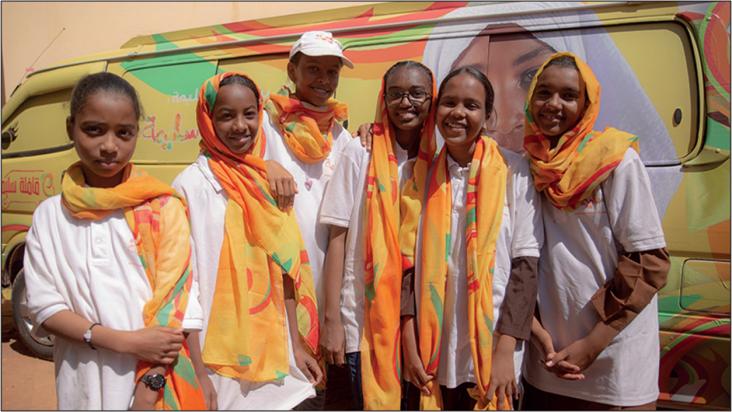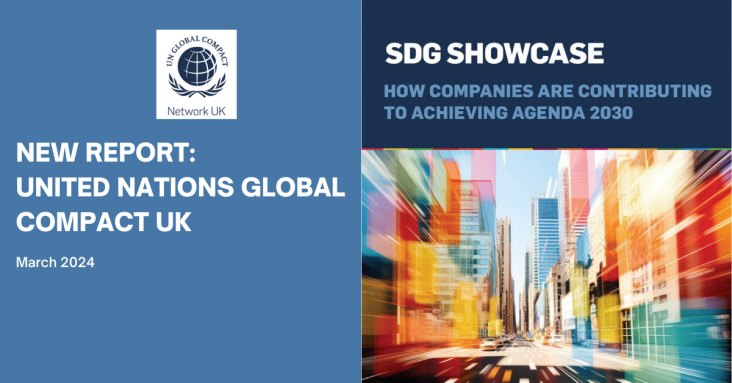This chapter addresses UN SDGs 10, 11, And 15 by discussing the importance of incorporating indigenous knowledge and culture in Arctic development in particular their familiarity with the Artic environment and their ability to manage the natural resources in a sustainable way.
This study found that teachers� responses to students� mental health issues are influenced by both the severity of the issues and the engagement levels of students and parents with school. It highlights the inconsistent attention teachers give to mental health, a concern often overlooked in research and practice.
Settling the record: 3,000 years of continuity and growth in a Coast Salish settlement constellation
Journal of Anthropological Archaeology, Volume 73, March 2024
Computational Intelligence and Blockchain in Complex Systems: System Security and Interdisciplinary Applications, 2024, pp 199-204


Breast Cancer
Multidisciplinary Pathways for Cancer Care in the Community
2024, Pages 40-44
